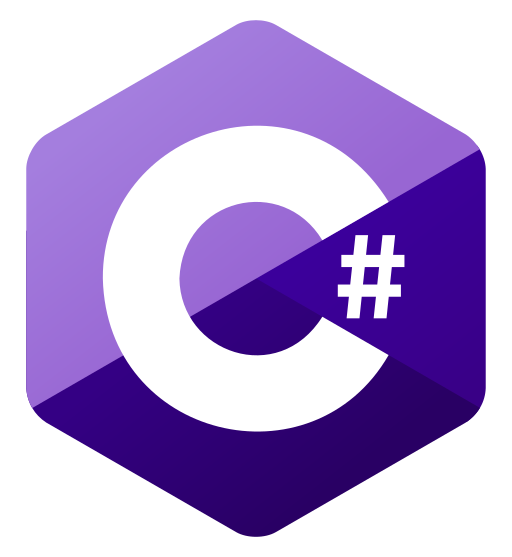How to build #MongoDB Event Store? The neat part is you don't!
Oh well, past me thought like that, but Alexander Lay-Calvert persuaded me to change my mind and did most of the work. We delivered #MongoDB storage, and it went surprisingly well. I wrote a detailed write-up on how to do it!
There were many interesting challenges in how to make it consistent and performant, so I think that's an interesting read.
I think it's a good guide if you're considering using #MongoDB as anevent store. Surprisingly, I have had numerous discussions recently with people trying to do it.
If you're considering using key-value databases like #DynamoDB and #CosmosDB, then this article can also outline the challenges and solutions.
My first choice is still on #PostgreSQL, but I'm happy with the #MongoDB implementation in #Emmett.
If #MongoDB is already part of your tech stack and the outlined article constraints are not deal-breakers, this approach can deliver a pragmatic, production-friendly solution that balances performance, simplicity, and developer familiarity.
I'm not sure what took longer, delivering the implementation or writing this article. So I'll appreciate the feedback and sharing with your friends. 
https://event-driven.io/en/mongodb_event_store/



